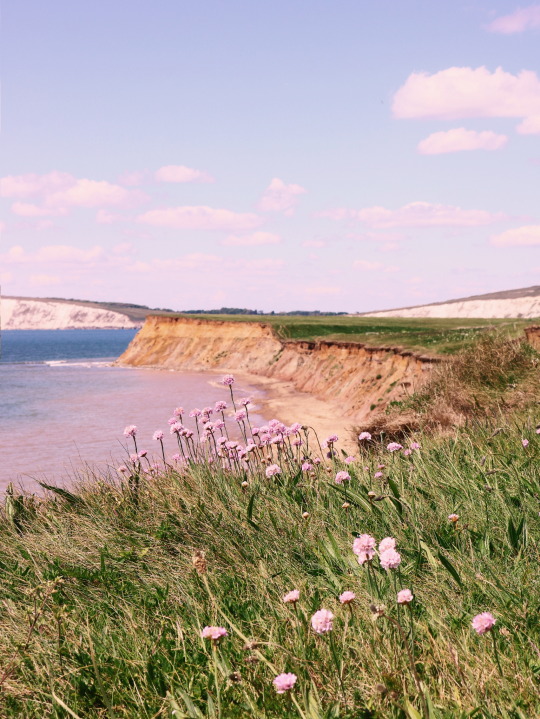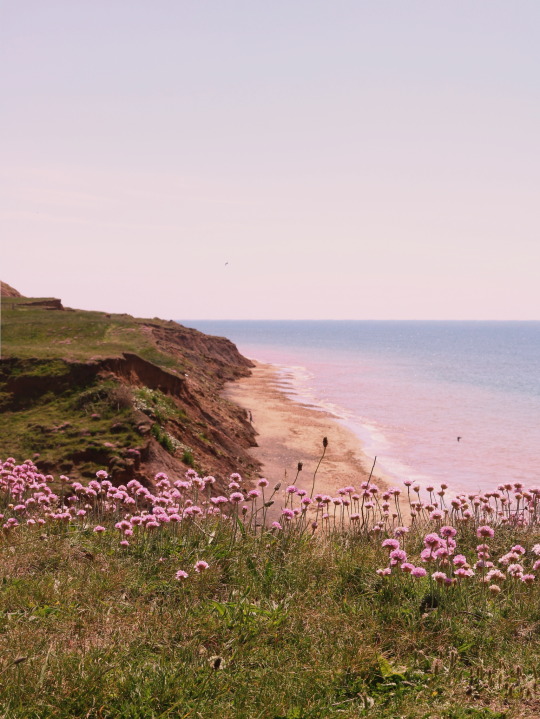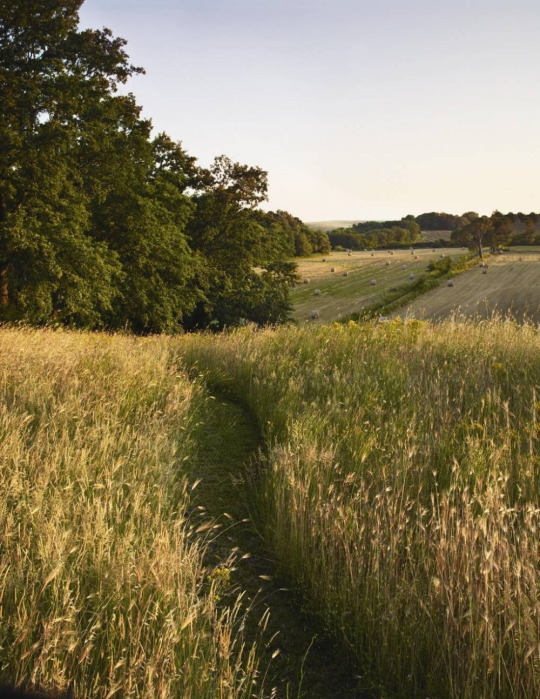Photo










faceless embraces
1. alex & lutz back, 1992, ph. wolfgang tillmans
2. ph. nan goldin
3. love-In, los angeles, 1967 ph. jerry de wilde
4. joseph lorusso, “cafe lovers 4” (detail)
5. el lenguaje del limbo II by mariana restrepo
6. photographer unknown
7. lovers in a field, 2019 ph. clifford prince king
8. isle of wight festival, 1969 ph. david hurn
9. joseph lorusso, “lovers in the garden”
10. the big gamble (1961), dir. elmo williams & richard fleischer
26K notes
·
View notes
Photo

from Christopher Hampton’s screenplay of Dangerous Liaisons (1985), after Choderlos de Laclos (1782)
1K notes
·
View notes
Text
How to learn a language when you don’t know where to start:
General Plan:
Weeks 1 and 2:
Purpose:
Learn the fundamentals sentence construction
Learn how to spell and count
Start building a phrase stockpile with basic greetings
The Alphabet
Numbers 1 - 100
Subject Pronouns
Common Greetings
Conjugate the Two Most Important Verbs: to be and to have
Basic Definite and Indefinite Articles
Weeks 3 and 4:
Purpose:
Learn essential vocabulary for the day-to-day
Start conjugating regular verbs
Days of the Week and Months of the Year
How to tell the time
How to talk about the weather
Family Vocabulary
Present Tense Conjugations Verbs
Weeks 5 and 6:
Purpose:
Warm up with the last of the day-to-day vocabulary
Add more complex types of sentences to your grammar
Colours
House vocabulary
How to ask questions
Present Tense Conjugations Verbs
Forming negatives
Weeks 7 and 8:
Purpose:
Learn how to navigate basic situations in a region of your target language country
Finish memorising regular conjugation rules
Food Vocabulary and Ordering at Restaurants
Money and Shopping Phrases
Present Tense Conjugations Verbs
Weeks 9 and 10:
Purpose:
Start constructing descriptive and more complex sentences
Adjectives
Reflective verbs
Places vocabulary
Weeks 11 and 12:
Purpose:
Add more complex descriptions to your sentences with adverbs
Wrap up vocabulary essentials
Adverbs
Parts of the body and medical vocabulary
Tips for Learning a Foreign Language:
Learning Vocabulary:
What vocabulary should I be learning?
There are hundreds of thousands of words in every language, and the large majority of them won’t be immediately relevant to you when you’re starting out.Typically, the most frequent 3000 words make up 90% of the language that a native speaker uses on any given day. Instead try to learn the most useful words in a language, and then expand outwards from there according to your needs and interests.
Choose the words you want/need to learn.
Relate them to what you already know.
Review them until they’ve reached your long-term memory.
Record them so learning is never lost.
Use them in meaningful human conversation and communication.
How should I record the vocabulary?
Learners need to see and/or hear a new word of phrase 6 to 17 times before they really know a piece of vocabulary.
Keep a careful record of new vocabulary.
Record the vocabulary in a way that is helpful to you and will ensure that you will practice the vocabulary, e.g. flashcards.
Vocabulary should be organised so that words are easier to find, e.g. alphabetically or according to topic.
Ideally when noting vocabulary you should write down not only the meaning, but the grammatical class, and example in a sentence, and where needed information about structure.
How should I practice using the vocabulary?
Look, Say, Cover, Write and Check - Use this method for learning and remembering vocabulary. This method is really good for learning spellings.
Make flashcards. Write the vocabulary on the front with the definition and examples on the back.
Draw mind maps or make visual representations of the new vocabulary groups.
Stick labels or post it notes on corresponding objects, e.g when learning kitchen vocabulary you could label items in your house.
How often should I be practising vocabulary?
A valuable technique is ‘the principle of expanding rehearsal’. This means reviewing vocabulary shortly after first learning them then at increasingly longer intervals.
Ideally, words should be reviewed:
5-10 minutes later
24 hours later
One week later
1-2 months later
6 months later
Knowing a vocabulary item well enough to use it productively means knowing:
Its written and spoken forms (spelling and pronunciation).
Its grammatical category and other grammatical information
Related words and word families, e.g. adjective, adverb, verb, noun.
Common collocations (Words that often come before or after it).
Receptive Skills: Listening and Reading
Reading is probably one of the most effective ways of building vocabulary knowledge.
Listening is also important because it occupies a big chunk of the time we spend communicating.
Tips for reading in a foreign language:
Start basic and small. Children’s books are great practice for beginners. Don’t try to dive into a novel or newspaper too early, since it can be discouraging and time consuming if you have to look up every other word.
Read things you’ve already read in your native language. The fact that you at least know the gist of the story will help you to pick up context clues, learn new vocabulary and grammatical constructions.
Read books with their accompanying audio books. Reading a book while listening to the accompanying audio will improve your “ear training”. It will also help you to learn the pronunciation of words.
Tips for listening in a foreign language:
Watch films in your target language.
Read a book while also listening along to the audio book version.
Listen to the radio in your target language.
Watch videos online in your target language.
Activities to do to show that you’ve understood what you’ve been listening to:
Try drawing a picture of what was said.
Ask yourself some questions about it and try to answer them.
Provide a summary of what was said.
Suggest what might come next in the “story.”
Translate what was said into another language.
“Talk back” to the speaker to engage in imaginary conversation.
Productive Skills: Speaking and Writing
Tips for speaking in a foreign language:
If you can, try to speak the language every day either out loud to yourself or chat to another native speaker whether it is a colleague, a friend, a tutor or a language exchange partner.
Write a list of topics and think about what you could say about each one. First you could write out your thoughts and then read them out loud. Look up the words you don’t know. You could also come up with questions at the end to ask someone else.
A really good way to improve your own speaking is to listen to how native speakers talk and imitate their accent, their rhythm of speech and tone of voice. Watch how their lips move and pay attention to the stressed sounds. You could watch interviews on YouTube or online news websites and pause every so often to copy what you have just heard. You could even sing along to songs sung in the target language.
Walk around the house and describe what you say. Say what you like or dislike about the room or the furniture or the decor. Talk about what you want to change.This gets you to practise every day vocabulary.
Tips for writing in a foreign language:
Practice writing in your target language. Keep it simple to start with. Beginner vocabulary and grammar concepts are generally very descriptive and concrete.
Practice writing by hand. Here are some things you can write out by hand:
Diary entries
Shopping lists
Reminders
What could I write about?
Write about your day, an interesting event, how you’re feeling, or what you’re thinking.
Make up a conversation between two people.
Write a letter to a friend, yourself, or a celebrity. You don’t need to send it; just writing it will be helpful.
Translate a text you’ve written in your native language into your foreign language.
Write a review or a book you’ve recently read or a film you’ve recently watched.
Write Facebook statuses, Tweets or Tumblr posts (whether you post them or not will be up to you).
Write a short story or poem.
Writing is one of the hardest things to do well as a non-native speaker of a language, because there’s no room to hide.
There are lots of ways to improve your writing ability, but they can be essentially boiled down to three key components:
Read a lot
Write a lot
Get your writing corrected
28K notes
·
View notes
Text
hobbies masterpost!
a really excellent way to reduce anxiety is to pick up a new hobby. find something you’re interested in, learn it, then use it as a healthy and productive way to cope.
learn to play guitar
learn how to make interactive stories with the free program Twine
learn how to make pixel art
learn another language
learn how to build a ship in a bottle
learn how to develop your own film
learn how to embroider
learn how to make chiptunes (8-bit music)
learn how to make origami (the art of paper folding)
learn how to make tumblr themes
learn how to make jewelry
learn how to make candy
learn how to make terrariums
learn how to make your own perfume
learn how to make your own tea
learn how to build birdhouses
learn how to read tarot cards
learn how to make zines
learn how to code
learn how to whittle (wood carving)
learn how to make candles
learn how to make clay figurines
learn how to knit scarves
learn how to become an amateur astronomer
learn some yoyo tricks
learn how to start a collection
learn how to start body building
learn how to edit wikipedia articles
learn how to decorate iphone cases
learn how to do freelance writing
learn how to make your own cards and
learn how to make your own envelopes
learn how to play the ukulele
learn how to make gifs
learn how to play chess
learn how to juggle
learn how to guerrilla garden
learn how to chart your family history
learn how to keep chickens
learn how to do yoga
learn how to do magic tricks
learn how to raise and breed butterflies
learn how to play dungeons & dragons
learn how to skateboard
learn how to do parkour
learn how to surf
learn how to arrange flowers
learn how to make stuffed animals
500K notes
·
View notes
Text


“The Bodleian above anything else made Oxford what it was . . . There was something incommunicably grand about it, something difficult to understand unless you had spent your evenings there or walked past it on the way to celebrate the boat race, a magic that came from ignoring it a thousand times a day and then noticing its overwhelming beauty when you came out of a tiny alley and it caught you unexpectedly. A library--it didn't sound like much, but it was what made Oxford itself. The greatest library in the world.”
Charles Finch, The September Society
181 notes
·
View notes
Photo


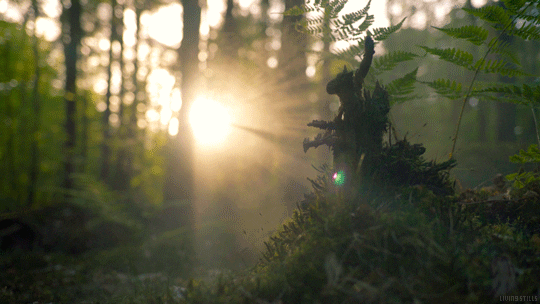
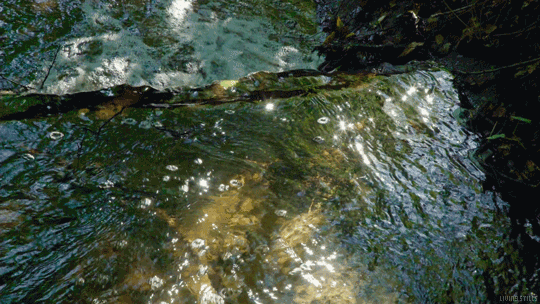
There is wisdom in the woods. There are blessings in the brooks. 💚🍃
17K notes
·
View notes
Text



I think humanity's love affair with these buildings perhaps the sexiest thing about us.
6K notes
·
View notes
